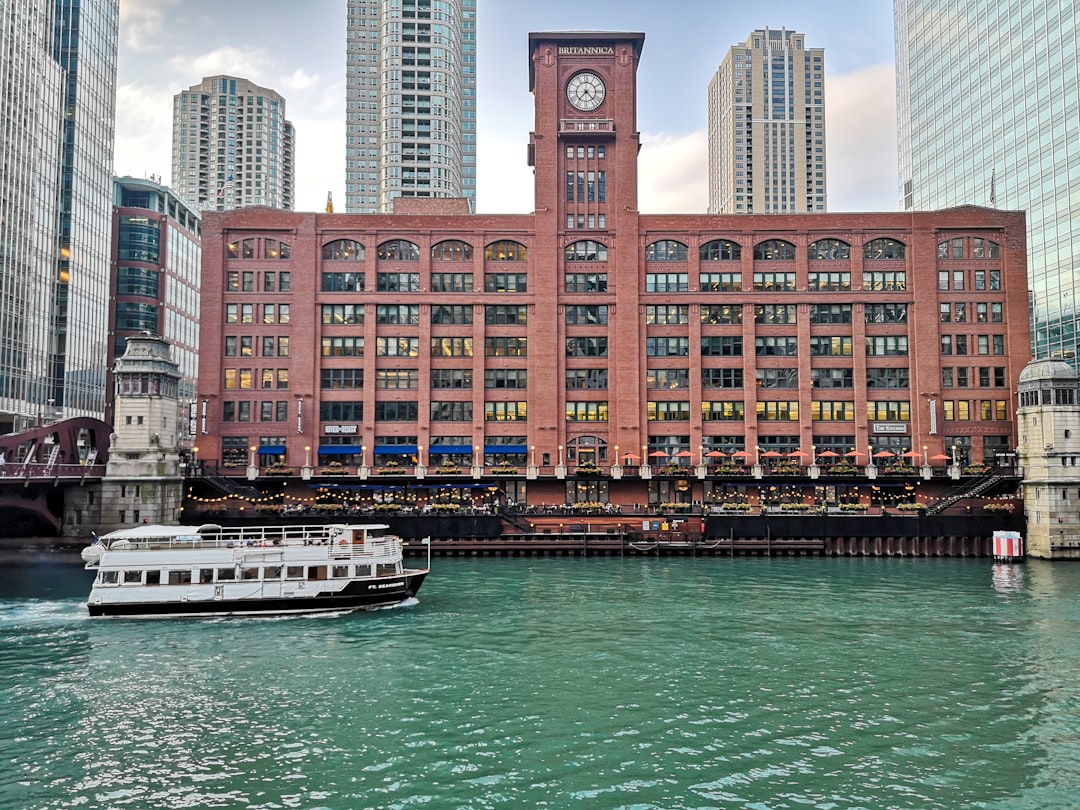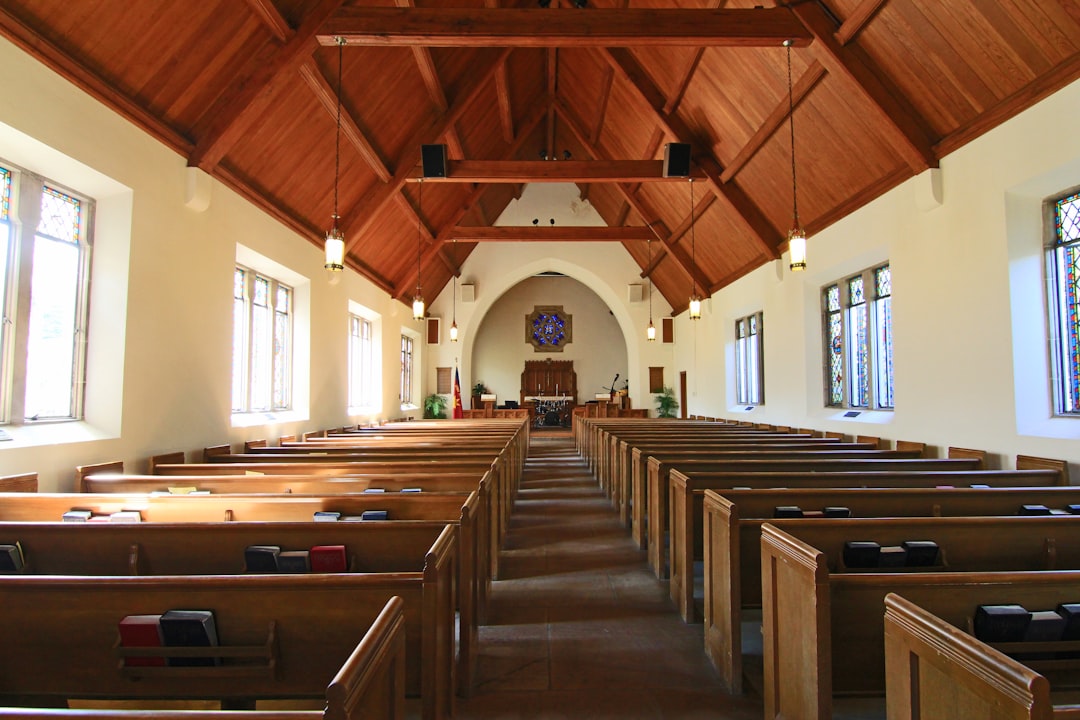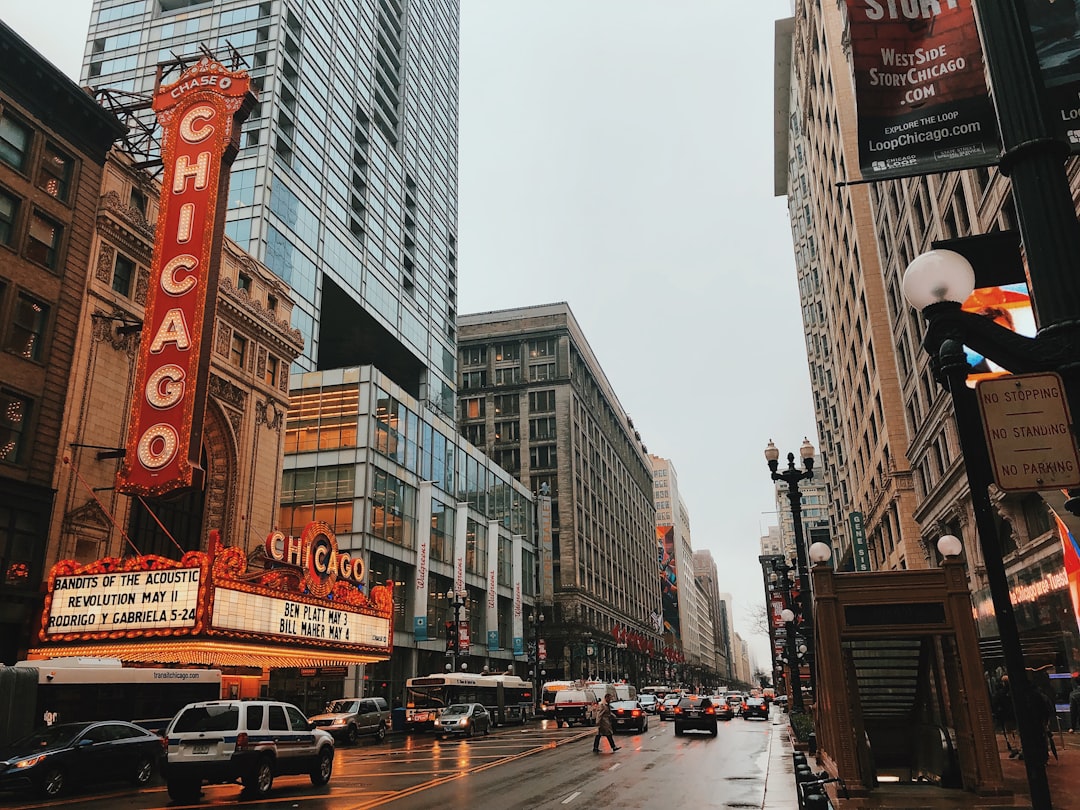In Illinois, clergy abuse involves any misconduct by religious figures, ranging from physical to psychological assault. Specialized clergy abuse lawyers Illinois help survivors navigate unique legal challenges, offering guidance on sexual assault, harassment, and civil rights violations within religious institutions. These attorneys work towards justice, compensation, and safer environments, while non-profit groups provide counseling, advocacy, and support for victims. Survivors facing complex legal processes can find clarity and empowerment through these professionals, who also offer post-legal care, therapy access, and community resources for recovery.
Legal Support for Survivors of Clergy Assaults in Illinois
Clergy assault, a sensitive and often overlooked issue, has profound impacts on survivors. This article guides you through the complex landscape of seeking justice in Illinois. We explore ‘Understanding Clergy Abuse’, delving into its recognition and definition within the state. The subsequent sections navigate the legal framework, highlighting relevant laws and protections. We provide crucial resources for victims and outline steps to take action with the aid of specialized clergy abuse lawyers. Additionally, we offer insights into post-legal process care for survivors’ healing and recovery.
Understanding Clergy Abuse: Recognizing and Defining the Issue in Illinois

Clergy abuse is a sensitive and often overlooked issue within certain communities, especially in Illinois. It refers to any form of misconduct or exploitation committed by members of the clergy against individuals under their care or influence. This can include physical, emotional, sexual, or psychological assault and may occur in various settings such as churches, religious organizations, or spiritual retreats. Recognizing and defining clergy abuse is crucial for survivors to seek legal help from experienced clergy abuse lawyers Illinois.
In Illinois, the legal framework surrounding clergy abuse is designed to protect victims and hold perpetrators accountable. State laws address sexual assault, harassment, and civil rights violations within religious institutions. Survivors of clergy abuse may face unique challenges when pursuing justice, including concerns about privacy, cultural taboos, or feelings of shame. However, with the aid of specialized clergy abuse lawyers Illinois, individuals can navigate these complexities and take steps towards healing and recovery.
The Legal Framework: Illinois Laws and Protections for Survivors

In Illinois, the legal framework provides specific protections and resources for survivors of clergy abuse. The state has laws in place to address such incidents, offering a sense of justice and closure to those affected by spiritual or sexual assault within religious institutions. These laws aim to hold perpetrators accountable while also ensuring the privacy and support of victims.
Survivors of clergy abuse can seek legal assistance from specialized Illinois clergy abuse lawyers who understand the unique challenges these cases present. These attorneys are equipped to navigate complex legal systems, providing guidance and representation tailored to the needs of survivors. They work towards securing justice, compensation, and the implementation of measures to prevent future occurrences, fostering a safer environment for all members of religious communities.
Finding Support: Resources and Organizations for Assault Victims within the Clerical Community
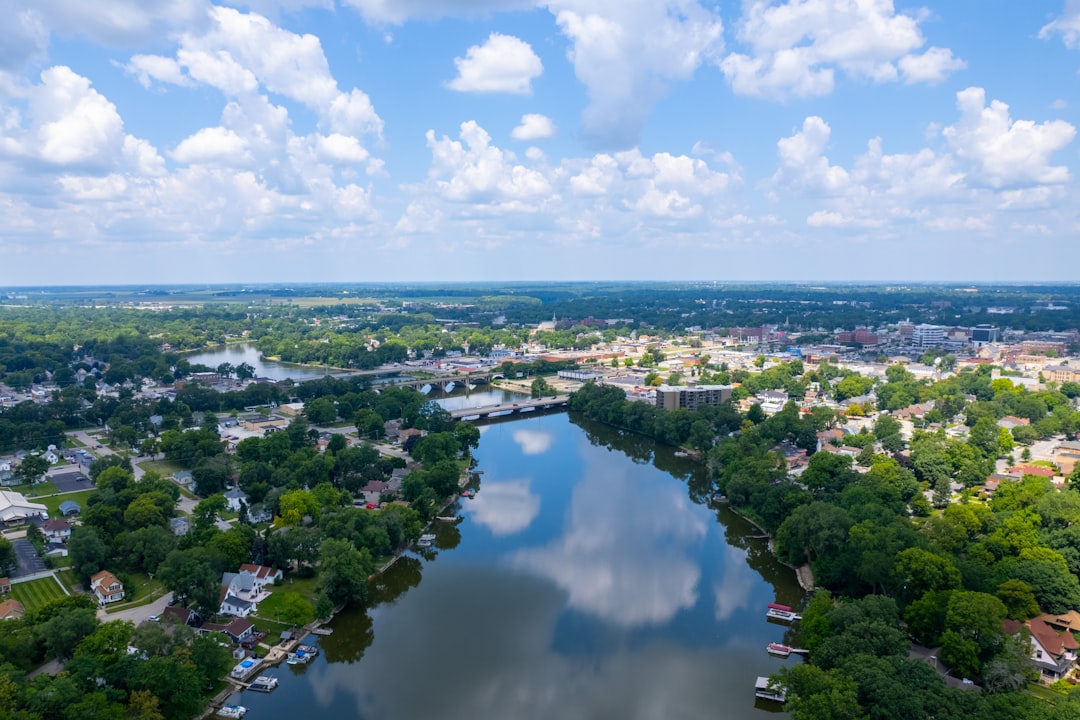
For survivors of clerical assault, finding support and navigating legal options can feel overwhelming. However, there are numerous resources and organizations dedicated to assisting individuals within the clerical community who have experienced such trauma. In Illinois, several non-profit groups offer counseling services, legal aid, and advocacy for victims, ensuring they understand their rights and receive proper care. These organizations often specialize in clergy abuse cases, providing a safe space for survivors to share their stories and access necessary support.
One notable aspect is the availability of clergy abuse lawyers Illinois who have expertise in handling sensitive cases within the religious community. They offer guidance tailored to the unique challenges faced by victims, helping them pursue justice and find healing. Whether through legal representation or counseling referrals, these resources are vital steps towards recovery and ensuring accountability for perpetrators.
Taking Action: Steps to Seek Justice with the Help of Clergy Abuse Lawyers
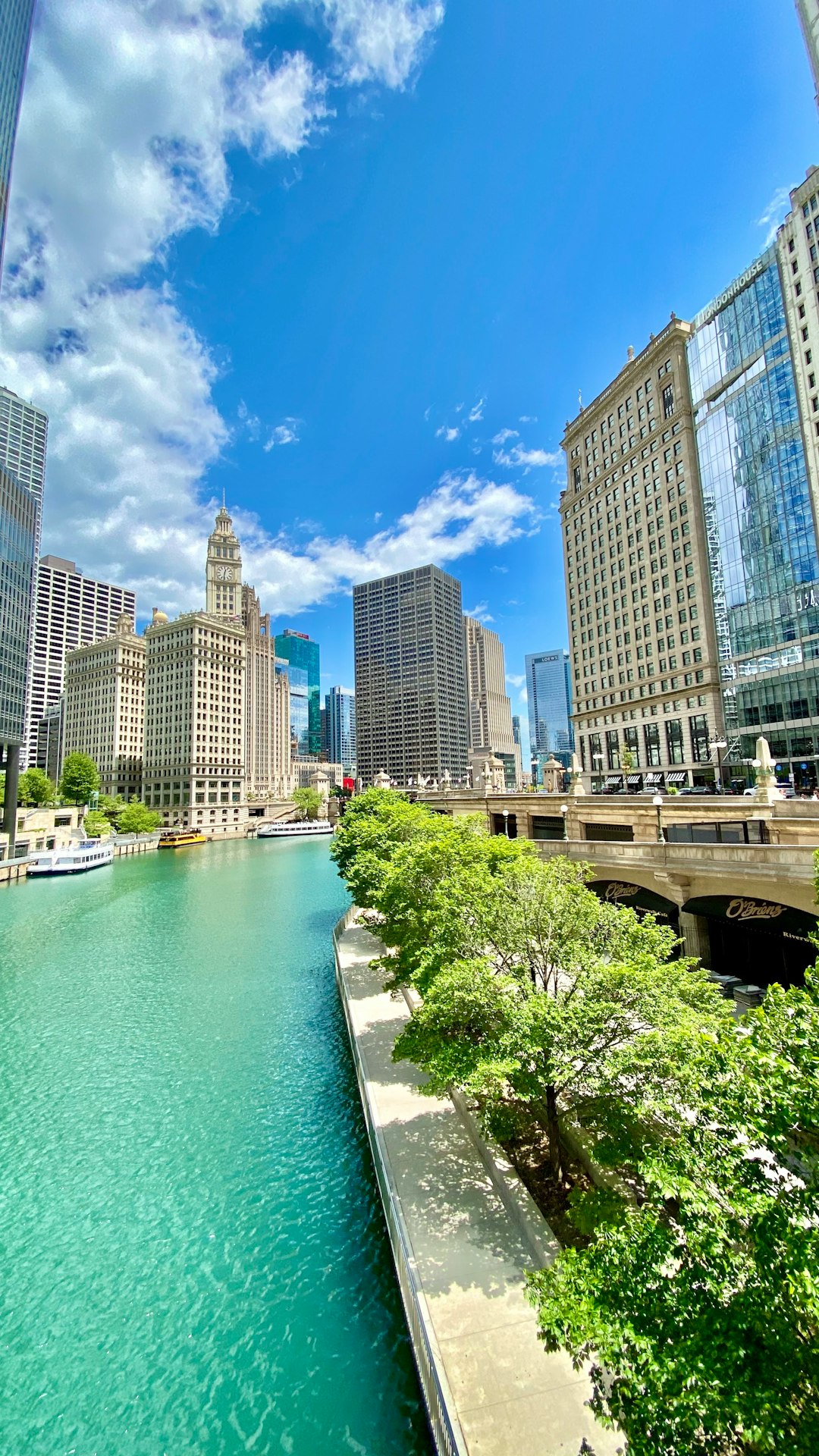
If you’ve experienced assault or abuse by a member of the clergy, it’s crucial to take action and seek justice. The first step is to reach out to specialized legal professionals who understand the unique dynamics of clerical abuse cases—clergy abuse lawyers in Illinois. These attorneys have the expertise and resources to guide survivors through complex legal processes. They can help navigate state laws, church policies, and potential challenges specific to these types of cases.
By consulting with a clergy abuse lawyer, survivors gain access to advocates who can provide clarity, ensure their rights are protected, and offer support throughout the legal journey. These lawyers will explain the options available, whether it’s through mediation, negotiations, or filing a lawsuit. They empower survivors to take back control and pursue justice, ensuring that their voices are heard and their experiences are validated in the pursuit of accountability and healing.
Healing and Recovery: Post-Legal Process Care for Survivors of Clerical Assaults

After navigating the legal process, which can be both challenging and emotional, survivors of clerical assaults require comprehensive care to facilitate healing and recovery. Many victims struggle with trauma, anxiety, depression, and a sense of loss, especially when facing complex legal procedures and dealing with religious institutions. Accessing support services is vital for their well-being during and after the legal journey.
In Illinois, clergy abuse lawyers play a crucial role in ensuring survivors receive adequate post-legal process care. These professionals can guide clients towards specialized therapy, counseling, and support groups tailored to address the unique needs of clerical assault survivors. Additionally, they may help connect individuals with community resources, such as safe housing, financial assistance, and legal aid, further contributing to their recovery and rebuilding process. Such holistic support is essential for survivors to regain a sense of safety, empowerment, and control over their lives.


